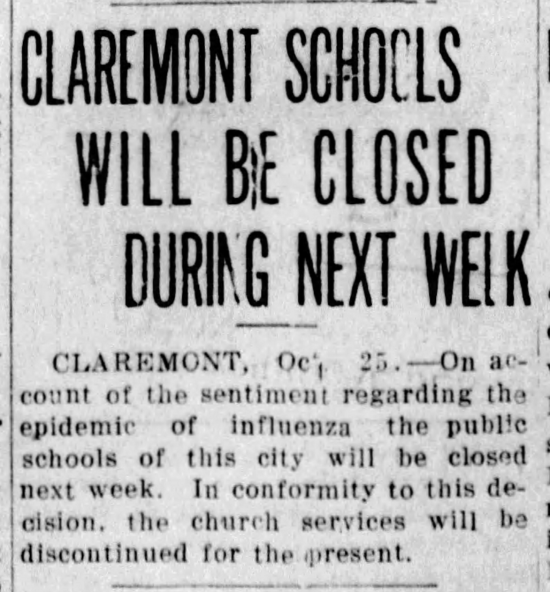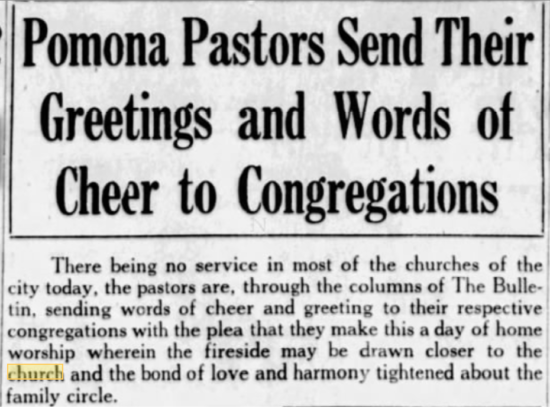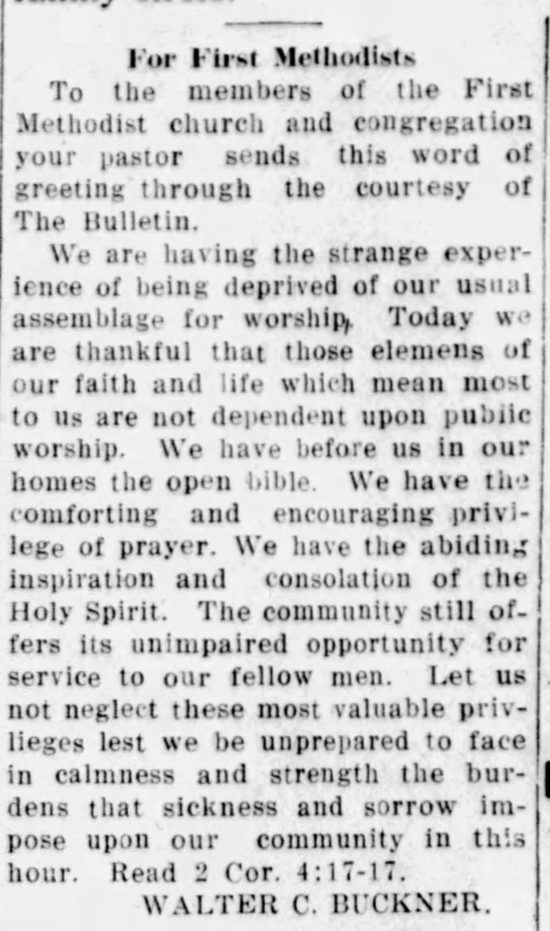Literally, I will be home for Easter. My wife and I will be watching our church service on the television in our living room. I’ll miss seeing my brothers and sisters at church, but Easter will happen and God will be fine with it.
Some Christian pastors are not happy about this, and some Christians are stirring up a ruckus. For example, the president of the Claremont (CA) Institute, Ryan Williams, appears to be calling for civil disobedience.
Starting the resistance and civil disobedience to an unconstitutional lockdown on Easter Sunday would probably maximize the effect.
It’s a natural rights two-fer: freedom of association AND free exercise of religion.
Trump’s 1st instincts were correct. #FreeEasterSunday
— Ryan P. Williams (@RpwWilliams) April 11, 2020
I don’t understand the problem. I am naturally a skeptic and don’t like being ordered around, but I really like breathing. Taking rational precautions to avoid COVID-19 just seems smart. I can tell the difference between an arbitrary usurpation of my natural rights and a situational one in a crisis.
The Common Good 1918 Style
In 1918, the people of Claremont, CA apparently didn’t mind putting the common good ahead of their rights. With just a little bit of searching, I found this clipping from the October 26 edition of the Pomona Bulletin Sun.
 During the Spanish Flu pandemic, churches all over the U.S. closed. There were some clergy who complained but here is a truth: closing churches didn’t lead to a loss of religious rights. It was temporary and a benefit to all citizens. Christianity survived; some might say it thrived.
During the Spanish Flu pandemic, churches all over the U.S. closed. There were some clergy who complained but here is a truth: closing churches didn’t lead to a loss of religious rights. It was temporary and a benefit to all citizens. Christianity survived; some might say it thrived.
Some might protest, “But Easter?” Well, Easter is an important day in Christianity to be sure. But Christians aren’t supposed to worry about how we keep “holy days.” The book of Colossians tells us, “Therefore do not let anyone judge you by what you eat or drink, or with regard to a religious festival, a New Moon celebration or a Sabbath day.” (2:16).
In my tradition, I get no more grace or credit for going to church on Easter than any other day. The first Easter the grave was empty. This year our church will be pretty empty too. But that’s okay. If He is taking attendance, God can keep track of where we all are.
On the Constitutional question, legal scholar Jonathan Turley opined today that the state has the right to halt church gatherings temporarily. I agree that the state has a compelling interest in stopping the spread of the virus and has not singled out religion or any particular church. The edicts are temporary, impose no permanent harm on churches, and do not prevent other means of worship (e.g., online). Although untested, I agree with Turley that the courts would likely uphold the orders to close.
But I really cringe to hear about churches taking things to that extreme. Christians are not of this world, but we are in it. And if we are going to do any good in it, we shouldn’t put our desire to meet for a church service over the good of our neighbors.
Addendum:
The technology of 1918 was the local newspaper and pastors used the papers to communicate with their congregations. The Pomona Bulletin Sun (11/3/1918) gave local pastors space to give greetings to their flock at home.
 I appreciate this winsome word from Methodist preacher Walter Buckner:
I appreciate this winsome word from Methodist preacher Walter Buckner:



